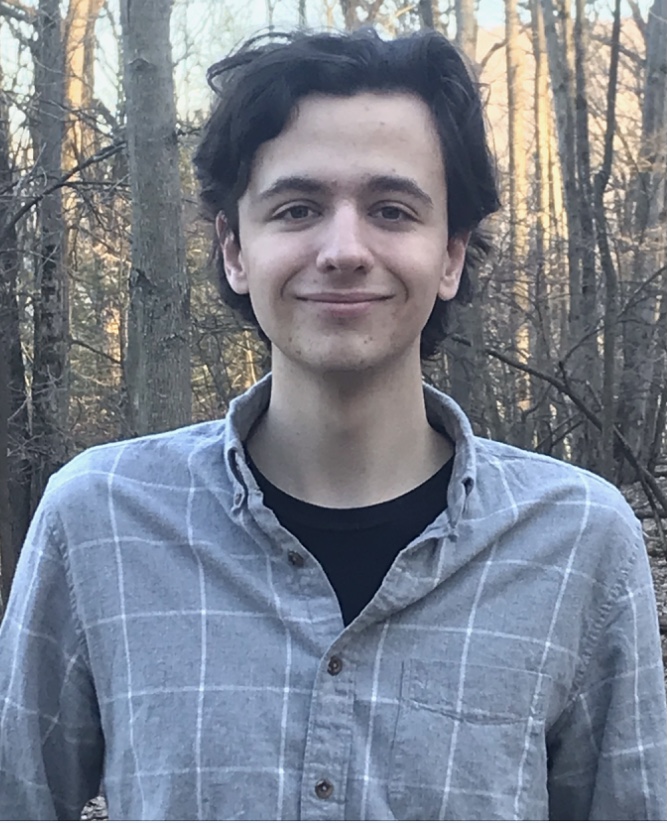In just a few years, Andrew Yang has gone from obscurity to national recognition as a major political figure. Despite his lack of political experience prior to running in the Democratic primaries leading up to the 2020 election, he became one of the better-known primary candidates — along with Bernie Sanders, he was the only other Democratic candidate to poll at 10 percent or more among former Trump supporters.
He was able to gain recognition largely through his introduction of newer ideas into the political discourse, namely universal basic income (UBI), or the payment of $1,000 every month, to each American citizen over the age of 18. Practicality aside, it felt fresh and progressive, like Sanders’ proposals for an increased minimum wage and “Medicare for All.” While Yang did not propose anything too radical apart from the implementation of this “Freedom Dividend,” the promise of UBI was enough to grant him the name recognition he would need for his announcement of his run for New York City mayor to make national news. However, I don’t think that he’s the mayor New York needs right now.
Andrew Yang ran for president opposed to Medicare for All in many ways, which would move health care entirely into the public sector. While he has advocated for reforms, this unwillingness to oppose the private sector’s foothold in health care in a country where it costs on average upward of $10,000 to give birth to a baby and more than $8,000 even with insurance in New York is concerning. If he is to lead a city like New York — a city where the cost of living is already aggressively high — without taking health care into account, he needs to be willing to be aggressive in return about making health care more accessible.
The pandemic has highlighted, among other things, the deeply flawed nature of our health care system. We have seen hospitals become overcrowded and understaffed. Our reliance on private companies for the vaccines, and their control over the intellectual property rights to those vaccines, has prevented us from sharing them with other countries. America’s reliance on the private sector for health care and its lax attitude toward things like medication costs resulting in problems are by no means new. This can be seen through the high price of insulin, a drug that for over 7 million Americans can mean the difference between life or death. In 2019, because of its high cost, five people died trying to ration their insulin.
Most recently though, Andrew Yang has been criticized over his attitude toward the New York Police Department (NYPD). During the surge of anti-Asian hate crimes in the city, Yang advocated expanding the police budget. Combating anti-Asian hate is certainly a vital initiative to undertake. However, the NYPD already has a budget of more than $5 billion for both 2020 and 2021. One must wonder how much of a difference more money could really make. Furthermore, New York City shouldn’t elect a mayor who is so willing to take the side of the police. If we learn anything from the recent attention that has been drawn toward police brutality, it should be that a militarized police force does not effectively deter crime. Asian American activists have been outspoken since then against this. Concerns have been raised over how increased police presence would threaten massage parlor workers and street vendors, two groups within the Asian American community particularly vulnerable to arrests on racial basis and to police harassment on the basis of their immigration status. Crime takes place in areas with high poverty rates, not low police rates.
Andrew Yang has proposed several fixes for poverty, most prominently UBI. However, to truly solve poverty in New York, one must go to its root causes, like mass incarceration and low wages contrasted with a high cost of living. Yang has proposed band-aid solutions, like UBI and vague promises of support for entrepreneurs, without even touching on mass incarceration or proposing to raise the minimum wage, which are actual progressive ideas. Payments of $1,000 a month will not address the root causes of poverty — it is not a permanent solution.
With national politics currently being dominated primarily by the moderate wing of the Democratic Party, local elections provide an opportunity for the implementation of serious progressive reforms. Even if they are not passed nationwide, passing them locally would make it possible for many to enjoy their benefits. Were progressive policies to be implemented on a local level, and proven to be effective, it would then be easier to garner the support necessary to have them implemented on a more national level. And while Andrew Yang’s policies seem new, apart from UBI, he isn’t really promoting any serious changes to the way the city functions. Since long before the pandemic, poverty and inequality have been inherent to city life. Serious solutions, like Medicare for all and a raised minimum wage, could be the start of real, visible progress. UBI, along with little else, will not.
Desmond Keuper is a freshman majoring in philosophy.



